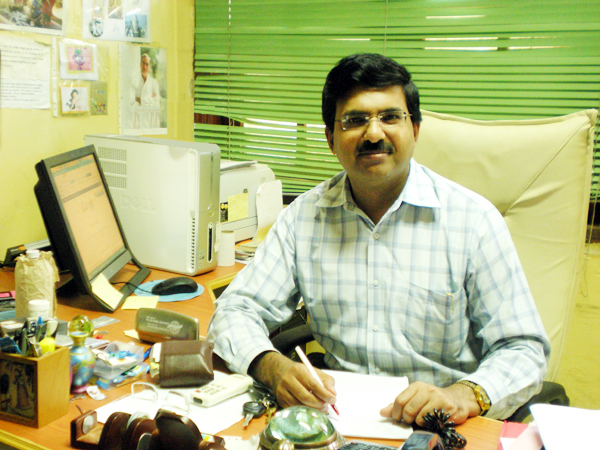
Kithiganahalli Narayanaswamy Balaji, a professor at the Indian Institute of Science in Bangalore, has retracted two papers and corrected three for duplication of images.
Balaji, who won the 2011 Shanti Swarup Bhatnagar Prize from India’s Council of Scientific & Industrial Research (CSIR) “for outstanding contributions to science and technology,” is last author of the five papers, which were published in the Journal of Biological Chemistry (JBC) from 2008 to 2015.
The authors take responsibility for what they call “inadvertent mistakes.” The retraction notice for “Pathogen-specific TLR2 protein activation programs macrophages to induce Wnt-β-catenin signaling,” for example, concludes as follows:
Continue reading Award-winning researcher in India retracts two papers, corrects three







